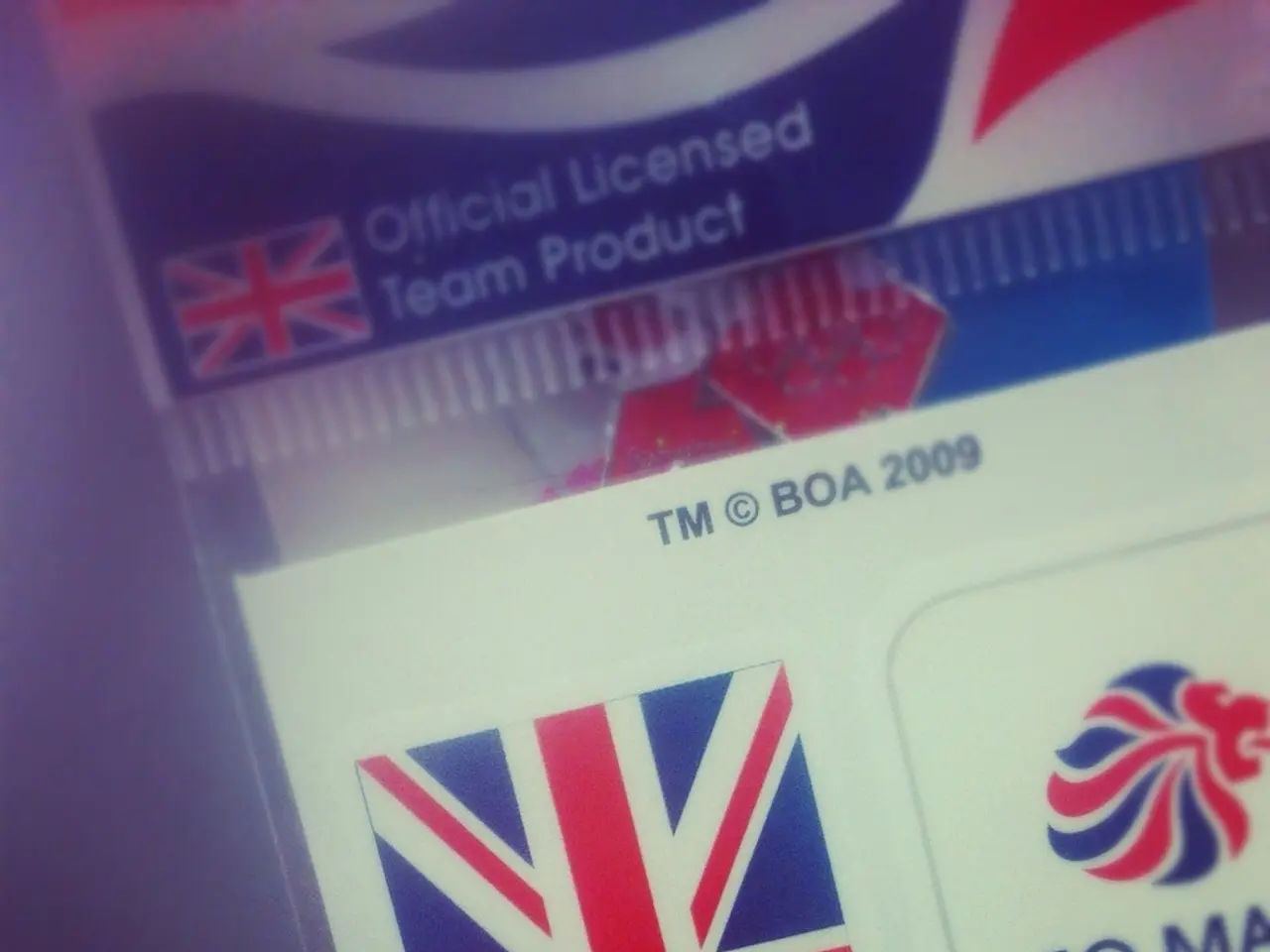Ensuring Equitable Banking Opportunities for Every American
The United States government has taken a significant step to ensure fair banking access for all Americans with the issuance of an Executive Order titled "Guaranteeing Fair Banking Access for All Americans," on August 7, 2025.
The order aims to prohibit financial institutions from denying or restricting banking services based on a customer's political or religious beliefs, lawful business activities, or other constitutionally/statutorily protected attributes. The policy mandates that banking decisions be made solely on the basis of individualized, objective, and risk-based analyses, rejecting decisions influenced by political or ideological reasons.
The order defines politicized or unlawful debanking as any adverse restriction or modification of banking services due to a customer's protected political or religious beliefs or lawful activities that a financial institution or provider opposes for political reasons.
Federal agencies, including the Federal Reserve, OCC, FDIC, CFPB, NCUA, and the Small Business Administration (SBA), have been directed to take actions that combat these debanking practices. They are required to review and scrutinize past and current debanking practices of financial institutions for potential violations of laws like the Equal Credit Opportunity Act.
The SBA is also required to ensure that financial institutions under its jurisdiction make reasonable efforts to reinstate clients or potential clients who were previously denied access due to unlawful debanking.
The Secretary of the Treasury, in consultation with the Assistant to the President for Economic Policy, will develop a comprehensive government-wide strategy to address politicized or unlawful debanking within 180 days. This strategy may include recommendations for new legislation, regulatory reforms, and other initiatives to hold financial regulators and institutions accountable and ensure fair access to banking.
The EO references prior controversial regulatory actions such as "Operation Chokepoint" during the Obama administration, which was criticized for causing debanking of lawful businesses in industries like payday lending, firearms, and tobacco, because of political disfavor.
The order applies to a broad range of financial institutions beyond those previously regulated under the federal fair access rule. It amplifies anti-debanking efforts and signals heightened federal scrutiny of both past and ongoing debanking conduct, potentially exposing institutions to legal and regulatory risks.
The costs for the publication of the order will be borne by the Small Business Administration. The U.S. President has issued the order to prevent financial institutions from restricting access to services based on political or religious beliefs or lawful business activities. However, the order does not create any right or benefit enforceable at law or in equity by any party.
In summary, the 2025 EO establishes a firm federal policy against politically or religiously motivated denial of banking services, mandates objective and risk-based decision-making, empowers regulators to investigate and sanction unlawful debanking, requires a Treasury-led strategic response, and directs agencies to promote restoration of access for affected individuals and businesses.
- This Executive Order, titled "Guaranteeing Fair Banking Access for All Americans," issued on August 7, 2025, not only aims to prohibit financial institutions from denying services based on a customer's political or religious beliefs, but also extends this prohibition to lawful business activities and other constitutionally/statutorily protected attributes.
- Recognizing that politicized or unlawful debanking can impact a wide range of financial activities, this order requires federal agencies like the Federal Reserve, OCC, FDIC, CFPB, NCUA, and the Small Business Administration (SBA) to scrutinize past and current debanking practices, focusing particularly on potential violations of laws like the Equal Credit Opportunity Act.




